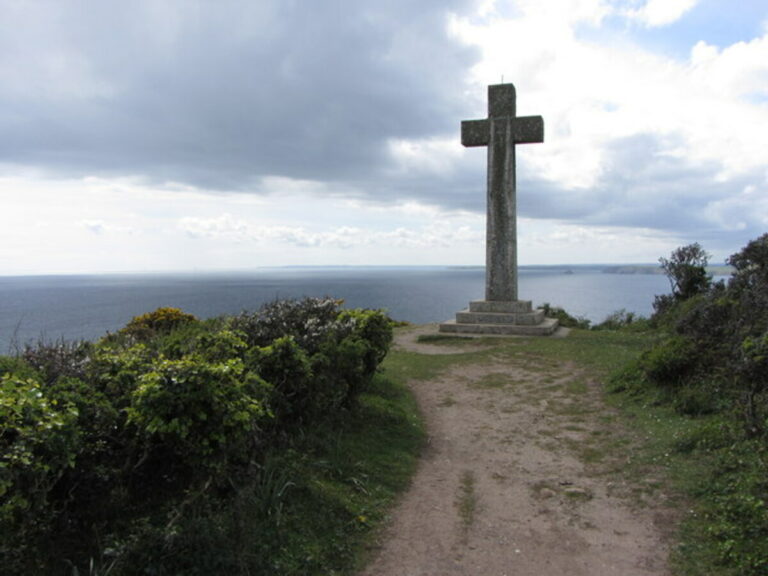The wreck of a pleasure-cruiser that disappeared in 1966 off south Cornwall with the loss of 31 people may have been located.
The news follows a BBC investigation in which scuba divers concluded that extensive searches carried out at the time had been too far out to sea.
The 14m Darlwyne, returning to Mylor from a day-trip to Fowey, sank in a storm on 31 July, 1966, with the loss of all 23 adults and eight children on board.
BBC Inside Out South West worked with a dive-team to solve the mystery of what happened, timed to tie in with the 50th anniversary of the vessel’s disappearance.
When the Darlwyne failed to return to Mylor a full air and sea search had been mounted, but it proved unsuccessful.
Searches continued in Veryan Bay for 18 months, including the use of state-of-the-art equipment aboard naval minesweepers.
No wreckage was found, but 12 bodies washed up on local beaches including at Looe and Whitsands in the weeks following the Darlwyne’s disappearance.
The victims appeared to have drowned in deep water, and stopped wrist-watches put their times of death at soon after 9pm.
Fowey locals said they had warned skipper Brian Michael Bown against attempting to make the return trip west in the prevailing heavy seas. It turned out that the Darlwyne’s maximum passenger capacity had been 12, there was no radio, only two life-jackets and the hull had severe dry rot. The formal investigation found that the captain had acted negligently, and the vessel’s owner had to pay £500 costs for his own negligence.
The dive-team believe that the searches were carried out too far from land, because in the storm the Darlwyne would have hugged the shore around Dodman Point. “We know there are many wrecks on that headland that have never been found, possibly because it’s one of the worst places to dive,” diver Mark Milburn told the BBC.
After studying weather conditions and currents at the time, and where the bodies were found, the divers decided to search a site off Dodman Point near Penare.
After only half an hour Milburn came across a fisherman’s anchor of the right size to have come from the Darlwyne. “My best guess is that it’s more than likely it is,” he said.
“The Darlwyne had been forgotten because it sank the day after England won the 1966 World Cup,” diver Nick Lyon told the BBC, adding that relatives of the dead still needed closure.
However, the tragedy did lead directly to tougher requirements for pleasure-boat safety standards, and for their skippers to demonstrate boat-handling competence.
DIVERNET – The Biggest Online Resource for Scuba Divers

